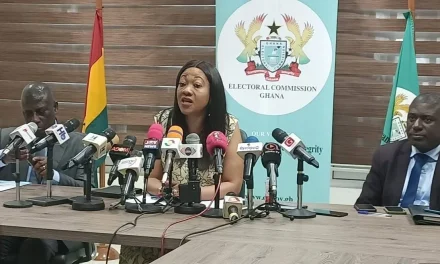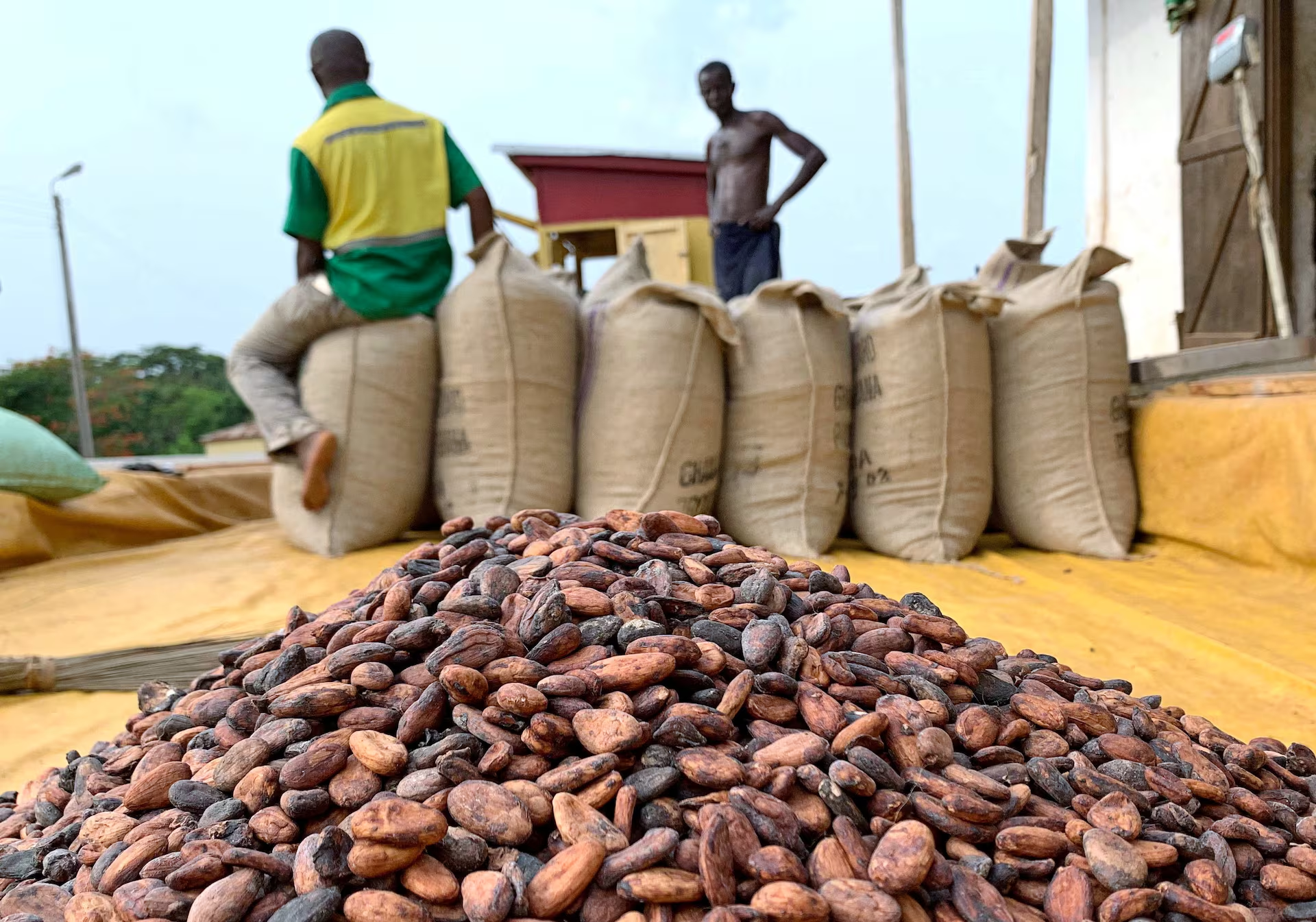
The brighter economy in Ghana in the days ahead – IMF Chief Mission

The International Monetary Fund (IMF) Mission Chief for Ghana, Stephane Roudet has assured creditors and investors across the world that Ghana’s 17th loan-support programme with the Fund will position it as a resilient economy.
He said the current programme, which received Board approval on Wednesday “is rich in structural reforms that cover a wide range of sectors that will make Ghana more resilient and withstand shocks in the future”.
The first tranche of $600 million out of the total $3bm loan from IMF, which is to ensure macroeconomic stability by reducing the level of interest payment, debt and budget deficit, would hit Ghana’s account on Friday.
Mr Roudet gave the assurance during a press briefing in Washington DC and online on Thursday, after the Board approved three (3) billion Extended Credit Facility (ECF) arrangements for the county.
He noted that the successful implementation of the $3 billion three-year ECF arrangement between the Fund and Ghanaian authorities would also “set the stage for a brighter future for Ghana”.
The Mission Chief called on all stakeholders, especially, bilateral and other external creditors to support efforts to complete Ghana’s restricting, which was critical for the implementation of the $3bn loan-support programme.
The Finance Minister, Ken Ofori-Atta assured that the Government would increase revenue in addition to expenditure rationalisation measures that would create more funding resources under the programme.
That, he said would make Ghana more attractive to foreign and private investors for higher growth and job creation, even as authorities worked to ensure that all benchmarks were met for a successful implementation of the programme.
He said the Government would be inspired by the momentum that made Ghana to attain the Staff-Level Agreement, financial assurances from bilateral creditors and approval in near record time to implement the 36-month programme.





























